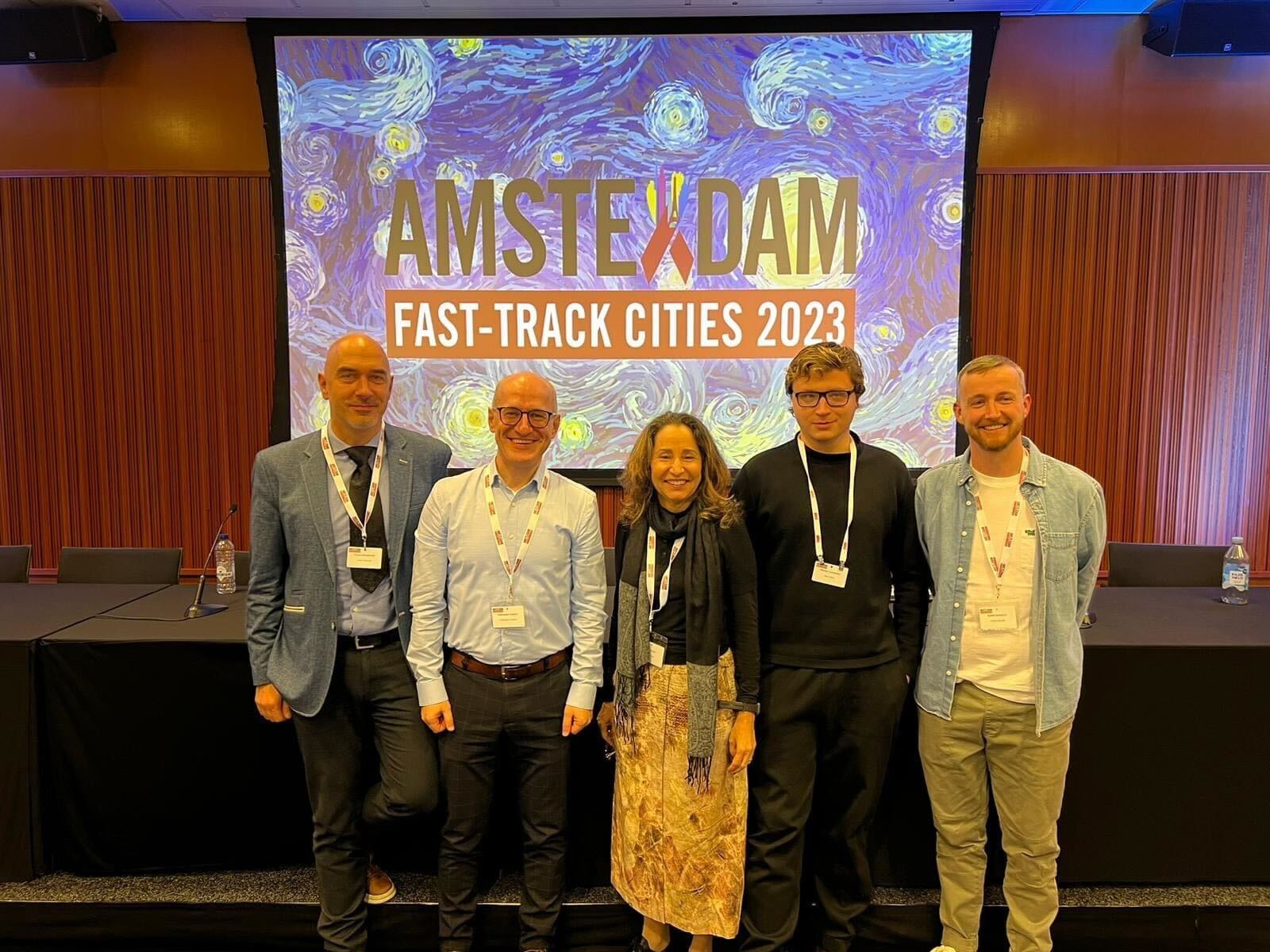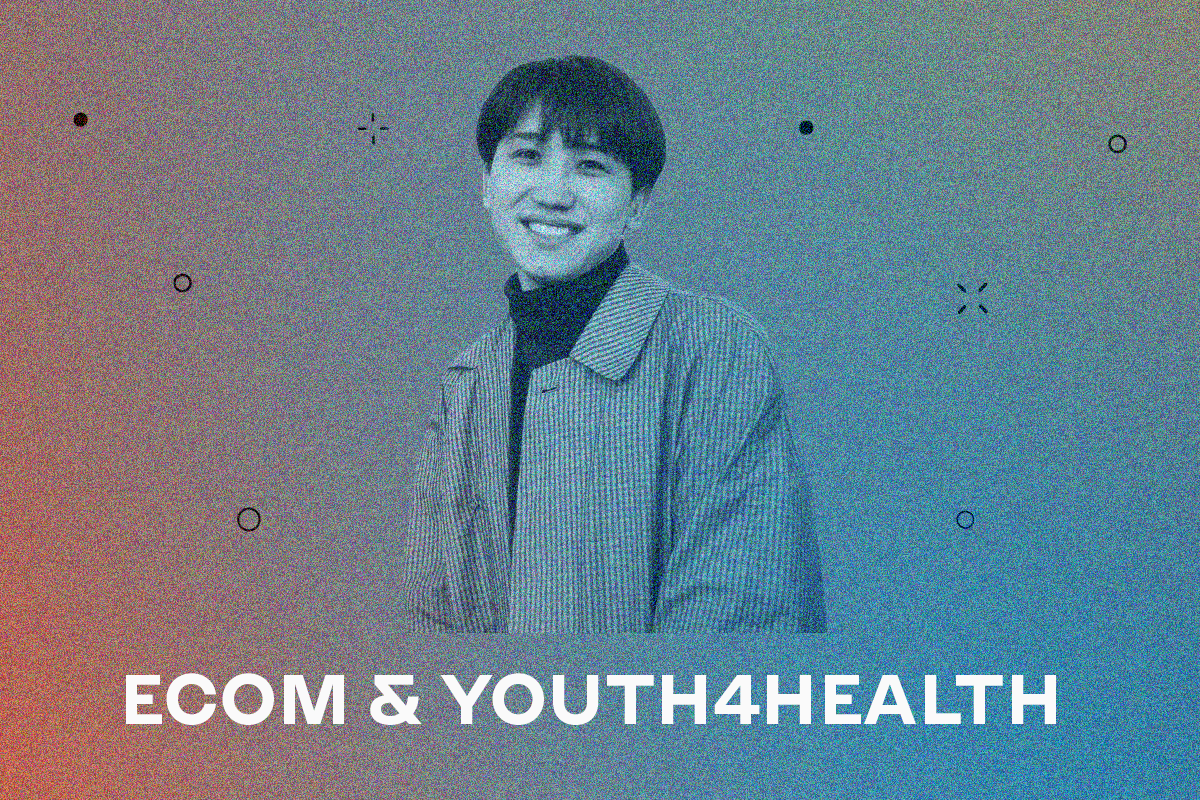Every year ECOM conducts an analysis of national legislation related to SOGI and HIV in the countries of our region. We are ready to present the results of our analysis of Georgia’s legislative framework for 2022.
The analysis of Georgia’s legal practice includes both judicial practice and government statistics, as well as activists’ reports, information and statistics of human rights organizations, press reports and reports of non-governmental organizations to international bodies.
The aim of the analysis is to identify legal barriers and identify problems in those areas where the necessary legislation already exists, but it does not fully ensure the realization of the rights and freedoms for LGBT people.
The analysis was carried out according to the methodology developed by ECOM experts. And our local partners in Georgia completed the corresponding questionnaire.
Georgia was the third country in the region to adopt a separate Law on the Elimination of All Forms of Discrimination in 2014, and is the only country in the region where sexual orientation and gender identity are listed as protected grounds in the text of that law. The law does not provide for fines and/or other forms of administrative or criminal liability for discrimination. However, the law expands the powers of the Ombudsman of Georgia, granting the right to consider complaints of discrimination and pass decisions on them in the form of recommendations.
But despite this, there are still restrictions for LGBT people in the legislation of Georgia. Here are the main ones:
- The Criminal Code of Georgia provides for liability for intentional and unintentional transmission of HIV.
- Since 2000, an order from the Minister of Health has been in force, which banned blood donation for gay men and MSM for 10 years from the moment of unprotected sexual contact. In 2019, the order was challenged in court and declared invalid; it was replaced by 12 months from the last contact.
- Same-sex couples cannot enjoy any rights and/or guarantees similar to those of opposite-sex spouses. There is no direct ban on the adoption of a child by LGBT people; however, adoption by two persons other than spouses is prohibited.
- Georgian legislation still does not take into account the needs of trans people, which leads to violations of their rights and creates legal conflicts when making changes to birth records. Technically, it is possible to change the gender marker in the documents, but there is no exact list of documents that must be submitted to make these changes.
At the same time, the Law on Assemblies and Demonstrations is in force in Georgia, which does not provide for a permit procedure for holding peaceful assemblies. But the municipal governments have the authority “to not allow holding assembly or demonstration if there are evident data verified by the Police that the holding of the assembly or demonstration may pose a direct threat to constitutional order, or the life and health of citizens.” This provision is used as a barrier to holding public events by LGBT organizations.










